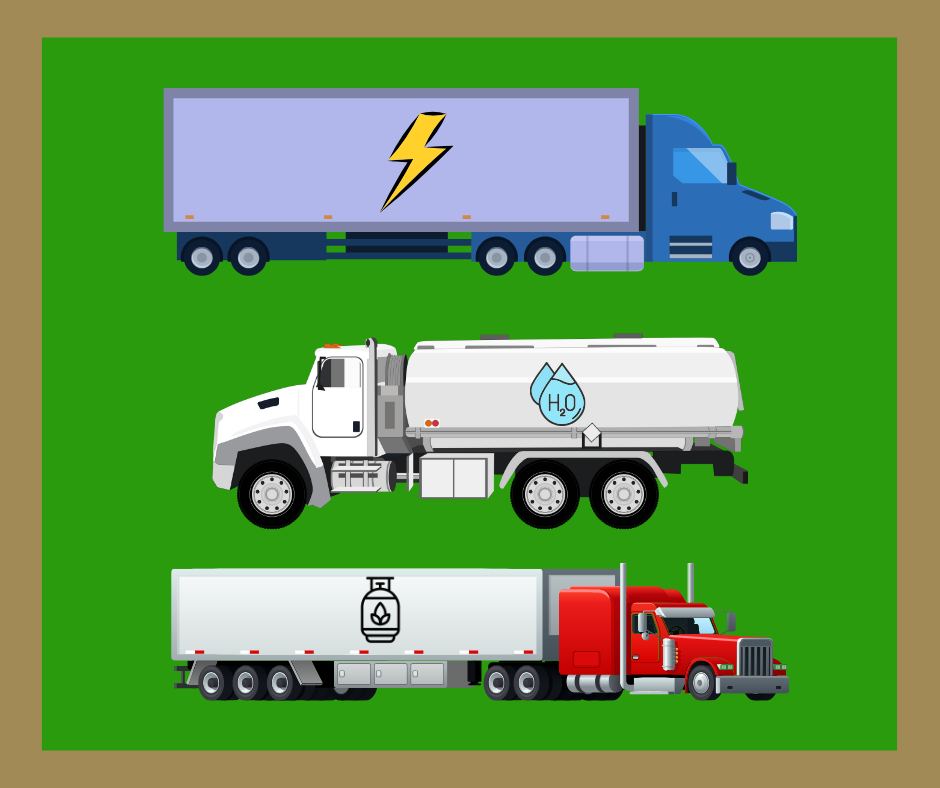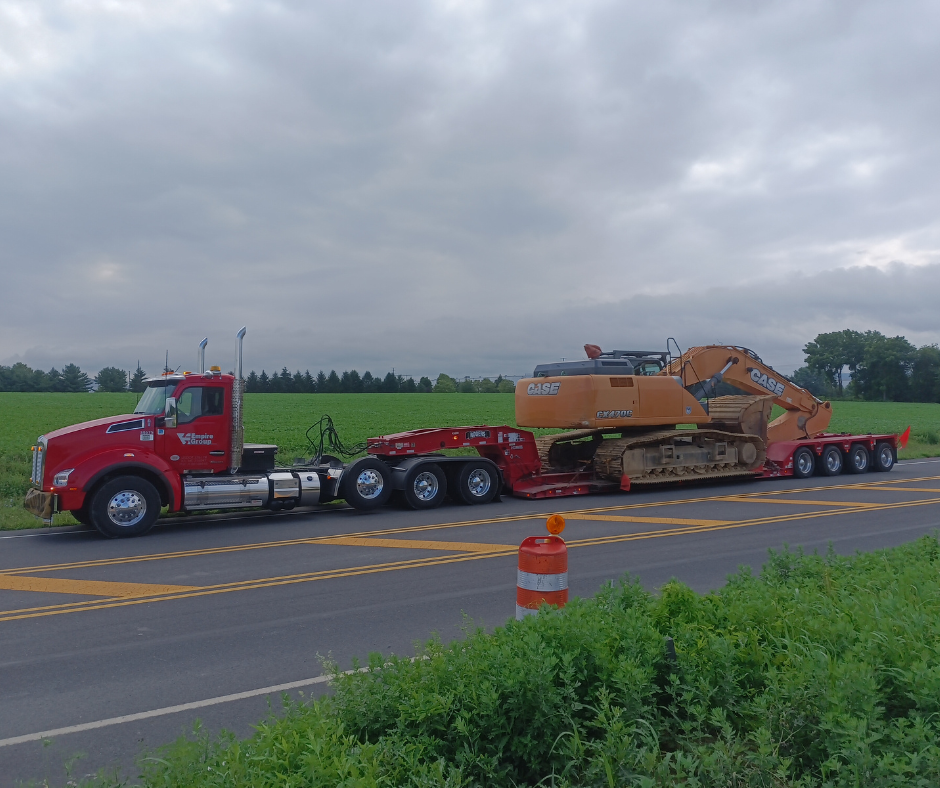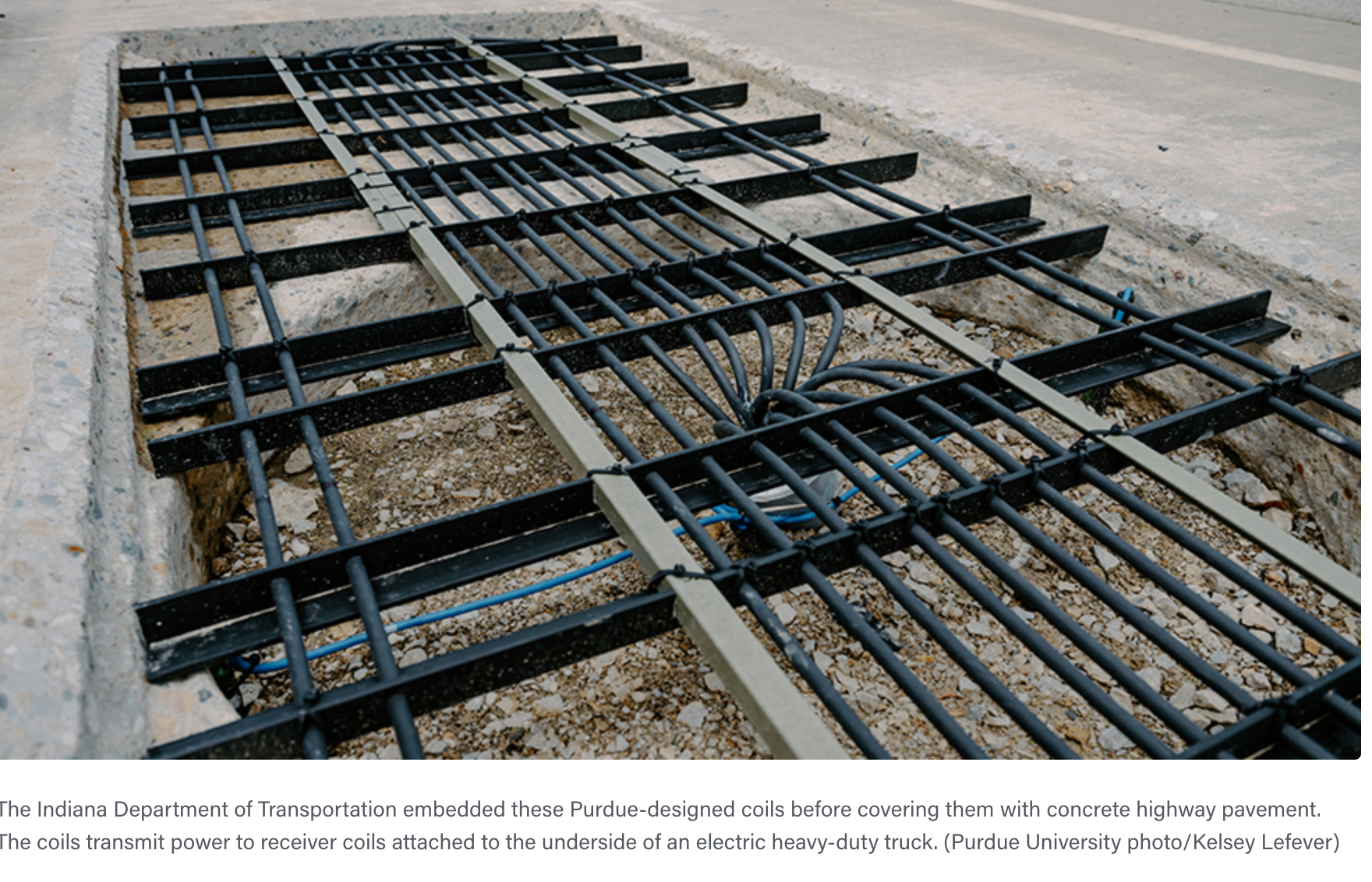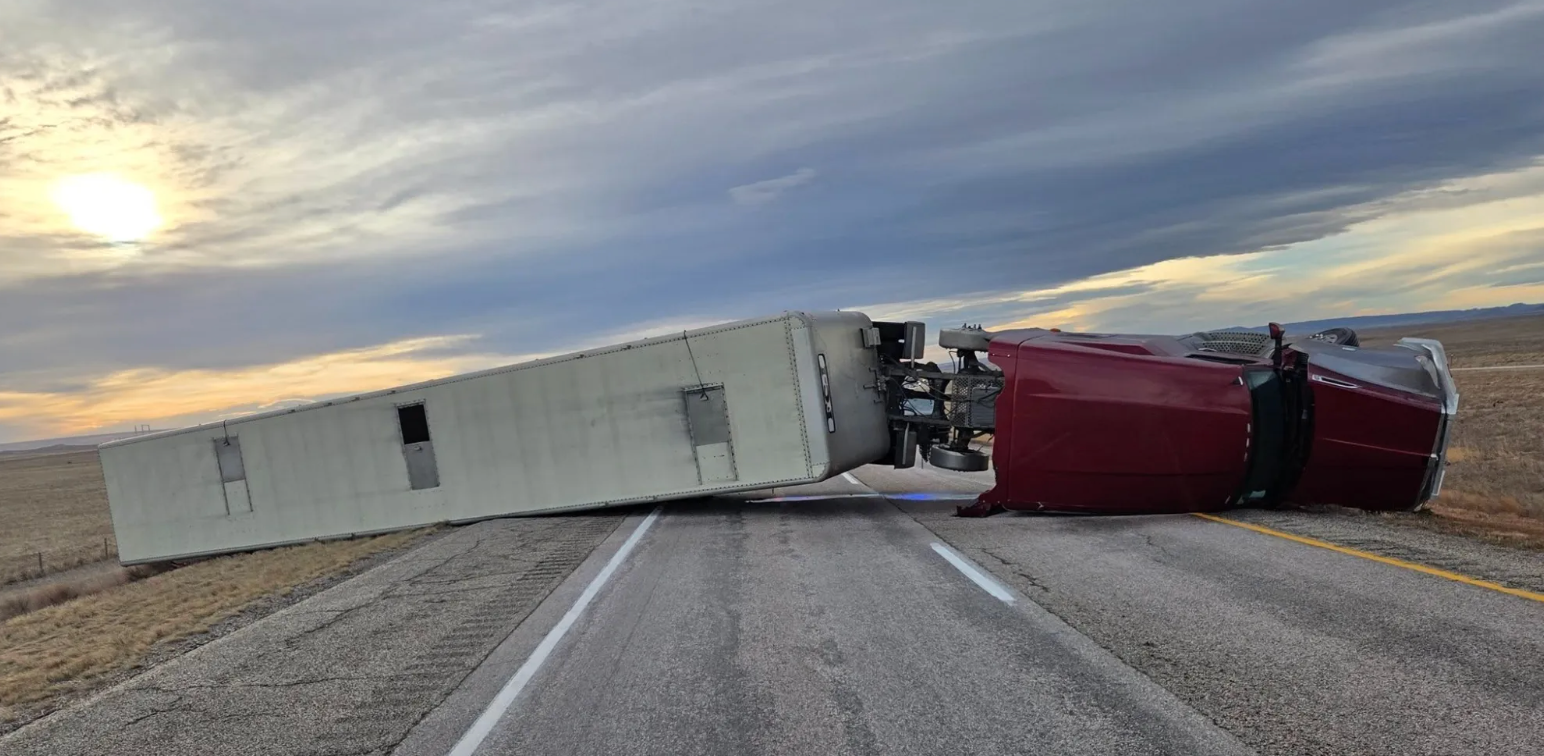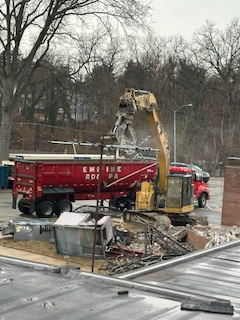Have You Prepped Your Tractor-Trailer for Winter?
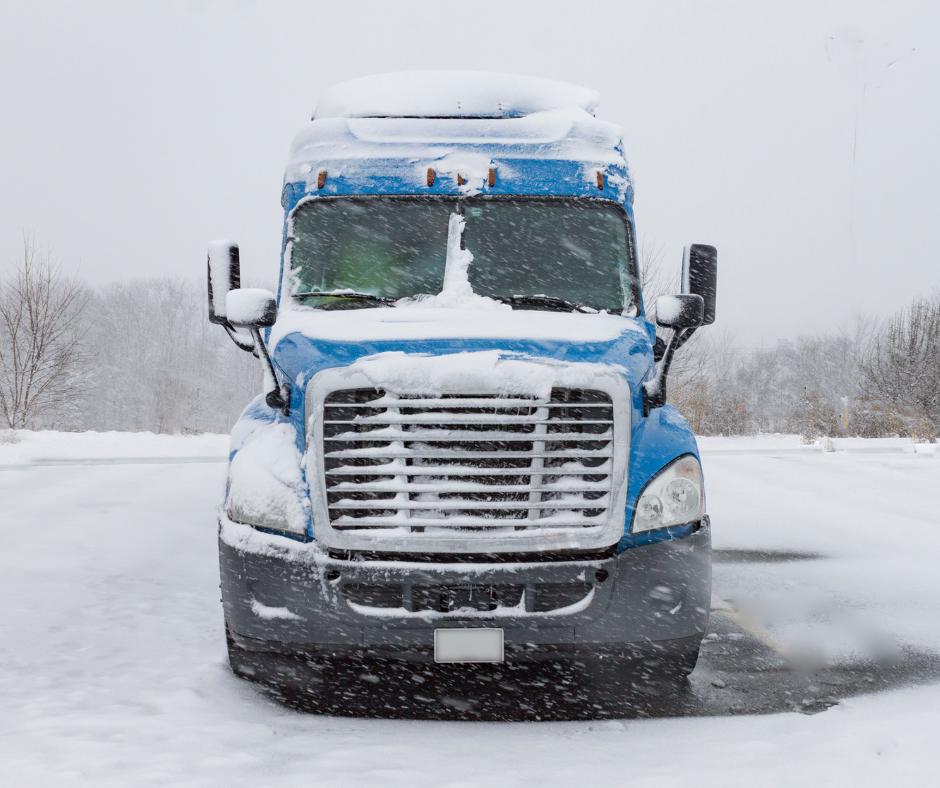
Winter can be one of the toughest seasons for tractor-trailer operators. Snow, ice, freezing temperatures, and unpredictable storms don’t just slow down operations—they can put drivers, equipment, and project schedules at risk. For contractors who rely on tractor-trailers to move materials, transport equipment, and support active jobsites, winter readiness is essential.
At Delaware Valley Contractors, we know that the core of a successful project is dependable equipment. Preparing your tractor-trailer for the winter season keeps your fleet moving, your crews safe, and your deadlines on track.
Below is a quick, step-by-step guide to getting your tractor-trailer winter ready.
1. Begin with a Comprehensive Winter Inspection
Give your tractor-trailer a full, thorough inspection before winter hits.
Inspection priorities:
- Brakes: Cold temperatures make braking systems more vulnerable—check lines, drums, and pads.
- Battery: Batteries lose power in the cold. Test voltage and connections, and replace if necessary. Be sure to test the alternator as well.
- Belts & hoses: Winter can turn minor cracks or soft spots into failures.
- Air system: Drain moisture from air tanks and ensure dryers are functioning properly.
- Exhaust system: Look for leaks or corrosion that could worsen in freezing conditions.
- Windshield wipers: Switch to winter wiper blades and use washer fluid rated for freezing temperatures.
A thorough inspection now prevents costly breakdowns and job delays later.
2. Switch to Winter-Ready Fluids
Winter demands the right fluids for reliable tractor-trailer performance.
Key fluid upgrades:
- Winter-grade engine oil to maintain proper viscosity in cold temperatures.
- Coolant check—ensure the mix is freeze-protective and system pressure is correct.
- Diesel Exhaust Fluid (DEF)—store and handle carefully; it begins to freeze at 12°F.
- Anti-gel diesel additives to prevent fuel gelling in extreme cold.
- Fresh fuel filters—clogged filters worsen in winter and can stop a truck fast.
Proper fluid preparation is one of the most effective ways to avoid winter downtime. It’s also important to check the water separator. As temperatures fall, be sure to check it and drain any water collected in it.
3. Maximize Traction and Tire Performance
Ice and snow reduce stopping power and maneuverability—two critical factors for tractor-trailer safety.
Tire prep essentials:
- Check tread depth and replace worn tires before winter.
- Monitor tire pressure frequently; cold temps reduce PSI. Don’t drive with tires below 20% of the recommended pressure.
- Inspect sidewalls for cracking or dry rot.
- Verify chain condition and store chains where drivers can access them fast.
- Check your spare—a bad spare won’t help in a storm.
Good traction can be the difference between safe travel and a dangerous winter incident.
4. Ensure Lighting and Electrical Components Are Winter-Ready
Winter brings shorter days, long nights, fog, and blowing snow—all of which reduce visibility.
Make sure every lighting component is functional:
- Headlights
- Marker lights
- Brake lights
- Turn signals
- Reverse lights
- Trailer lights
- Reflectors
Clean lenses and replace dim bulbs to maximize visibility on dark or snowy job routes.
5. Stock a Winter Emergency Kit
Even the best-maintained tractor-trailer can encounter unexpected weather issues. Equip every truck with a winter emergency kit.
Must-have items:
- Ice scraper and heavy-duty snow brush
- Road flares or reflective triangles
- Anti-gel fuel additives
- Extra fuel and oil filters
- Jumper cables
- Tire chains
- First-aid kit
- Flashlight and batteries
- Warm gloves and blankets
- Non-perishable snacks and water
- Extra washer fluid
- WD-40
These essentials can turn a stressful situation into a safe, manageable delay.
6. Prepare the Cab for Driver Safety and Comfort
A comfortable, well-equipped cab keeps drivers alert—especially on long winter routes.
Cab readiness checklist:
- Test the heater and defroster.
- Clean mirrors and ensure mirror heaters work (if equipped).
- Wipe moisture from floors and seals.
- Stock extra winter gear: gloves, hats, high-vis vests, and hand warmers.
- Keep phone chargers and GPS units accessible.
Driver comfort plays a major role in winter safety and performance.
Winters Are Tough—Your Tractor Trailer Should Be Tougher
For Delaware Valley Contractors, maintaining safe, reliable tractor-trailers is essential for keeping projects on schedule, supporting field crews, and delivering quality results for clients year-round. Winter preparation is more than routine maintenance—it’s an investment in safety, efficiency, and operational success.
By following a proactive winter prep strategy—inspecting equipment, using winter-ready fluids, improving traction, and reinforcing safety systems—you’ll keep your fleet running strong through the harshest months of the year.



